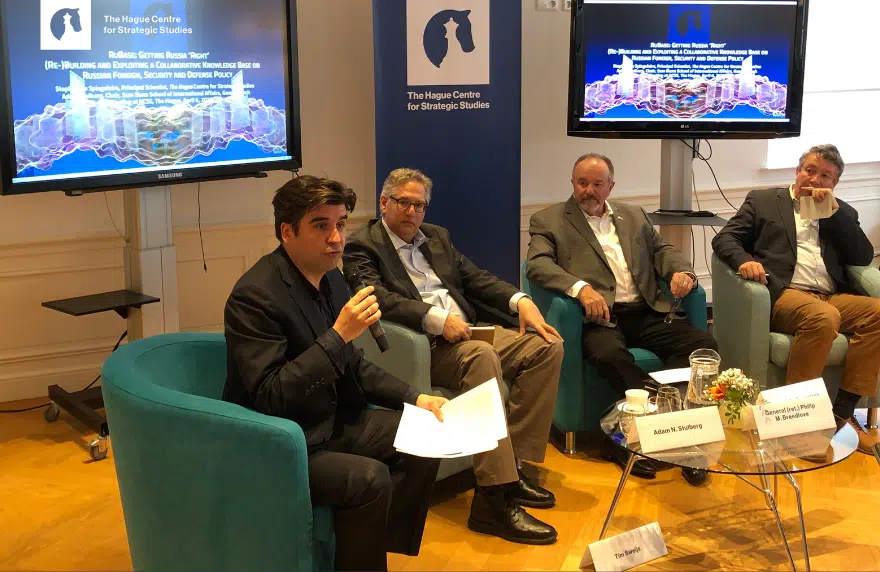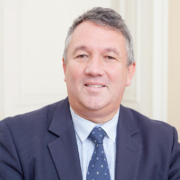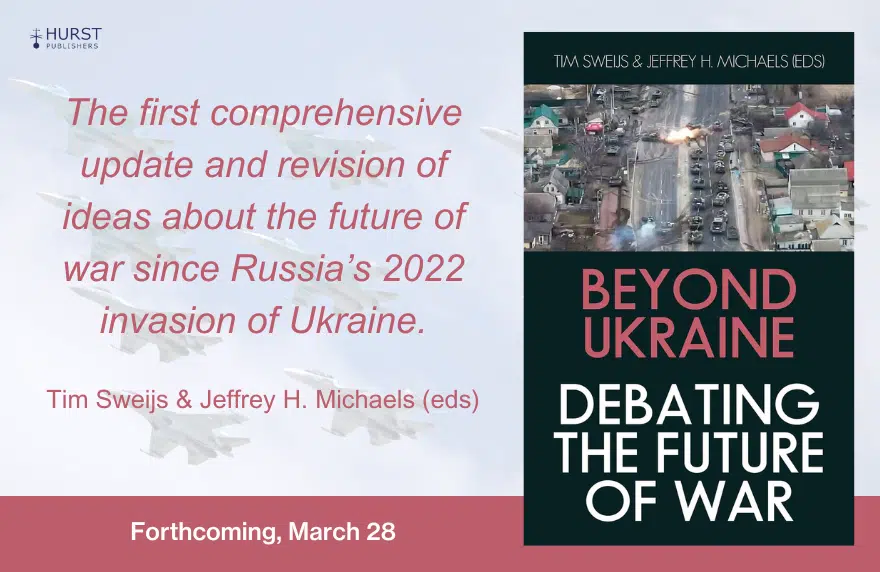These are worrying times. A spectre is haunting Europe. It is the spectre of large scale conventional war that has returned to our continent. Following Putin’s failed Blitzkrieg, and after Ukraine’s thus far successful defence bolstered by Western aid, the war is turning into a protracted conflict. Hundreds of thousands of people have died on both sides. While Ukraine is fighting for its survival, Europeans are coming to terms with the grim reality that investing in robust defenses is a necessity only ignored at our own peril.
Europeans are coming to terms with the grim reality that investing in robust defenses is a necessity only ignored at our own peril.
HCSS director of research Tim Sweijs
We also confront the grim reality that we simply do not have a firm understanding of the drivers and vectors of Russia’s foreign policy behaviour. I think it is fair to say that many of us in the West have misunderstood and/or misjudged Russia’s decision-making calculus: in 2007 (Putin’s speech at the Munich Security Conference), in 2008 (following the war with Georgia), in 2014 (following the annexation of Crimea), in 2021 (prior to the buildup) and in 2022 and 2023 (during the ongoing war).
On April 6, we hosted a session with General (ret.) Philip M. Breedlove (former SACEUR), an astute military thinker, and two Russian specialists (who have been studying Russia for over forty years now), Adam N. Stulberg, Professor & Chair, Sam Nunn School of International Affairs, Georgia Institute of Technology, and our own Stephan De Spiegeleire, HCSS principal scientist.
At the session we presented the results of RuBase, a 3-year basic research programme that was made possible by generous funding from the Minerva Research Initiative, the social science programme of the Pentagon and the Carnegie Corporation in New York. The goal of the RuBase project is to develop datasets, analytical techniques, and tools, complemented with top notch expert analysis, to rebuild our knowledge base of Russia but also to push the envelope for strategic analysis (one could argue: bringing strategic analysis into the 21st century).
The grim reality is that we simply do not have a firm understanding of the drivers and vectors of Russia’s foreign policy behaviour.
HCSS director of research Tim Sweijs
Stephan and Adam, supported by a team of post docs, graduate students and our team of Ukrainian analysts have been working hard to furnish not just important insights regarding patterns in Russia’s coercive behaviour, but also techniques and tools that can be used in future strategic analysis.
General Breedlove lamented the lack of strategic clarity regarding the specifics of Western support for Ukraine. He underscored that widespread claims of providing “all means necessary” and “for as long as it takes” are insufficient for developing time-lines, logistics, etc. that lie at the crux of military planning. Accordingly, he suggested that political leaderships should be nudged to provide more definition to the West’s commitment to stand firm with Kyiv.
Thank you, General Breedlove, for sharing your insights. Thank you, Adam and Stephan, for pushing the envelop, for urging that we can do better, and for your persistent efforts to improve our understanding of Russia.
Stay tuned for future publications.







